Menu
For starters, tree removal should be left to the professionals, whether the tree is big or small. A DIY approach may seem like a way to save money, but we don’t recommend it at all. Not only can it be dangerous, but it can also lead to property damage. But how much is removing a tree going to cost you?
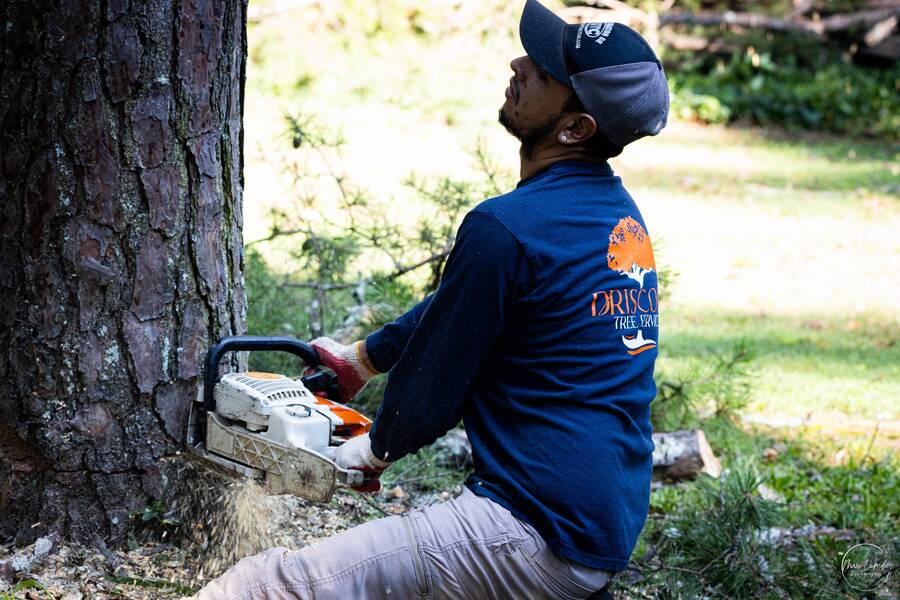
In this guide, Driscoll Tree Service breaks down the cost of tree removal so you know what to expect. Our specialists look into the key factors that influence the cost of removal. Keep reading to learn more.
The average cost of tree removal fluctuates anywhere from $300 to $1,050, with an average cost of $830. However, there are several factors that influence the amount you’ll pay a tree company for tree removal.
Tree removal costs often depend on the size of the tree. Smaller trees (under 30 feet) are more affordable to remove, while medium-sized trees (30–60 feet) fall in the mid-range. Large trees (60–100 feet) require more labor and specialized equipment, making them more expensive. Extra-large trees (over 100 feet) may require cranes and additional precautions, significantly increasing the cost.
Different tree species have unique characteristics that affect removal costs. Softwood trees like pine are easier to remove, whereas hardwood trees such as oak or maple are denser and require more effort. Palm trees, with their fibrous trunks, and trees with complex root systems may also demand specialized removal techniques, influencing the final price.
A tree’s health and condition play a major role in the cost of removal. A healthy tree with strong roots may require more work to cut down and extract, while a diseased or dead tree could be more fragile but still pose safety risks. Storm-damaged or leaning trees often require emergency removal services, which may come with higher fees due to urgency and added precautions.
Removing a tree that has already fallen is usually less expensive than cutting down a standing tree. However, the cost can vary based on its location and the difficulty of hauling away the debris.
A thicker trunk takes more effort and time to cut through, increasing labor costs. Trees with multiple trunks may also require additional work.
Trees located in hard-to-reach areas, such as near power lines, close to buildings, or on steep slopes, require specialized equipment and careful maneuvering, leading to higher removal costs.
If a tree poses an immediate danger due to storm damage or structural instability, emergency services may be needed. These urgent removals often cost more, especially if performed outside regular business hours.
Removing the tree is only part of the job. Stump grinding is an additional service that reduces the stump below ground level, while full stump removal involves extracting the entire root system, both of which can add to the total cost.
If a tree removal service quotes a price that seems too good to be true, it probably is. Extremely low prices may indicate inexperience, lack of insurance, or hidden fees that will surprise you later. Reputable tree companies invest in skilled professionals, proper equipment, and insurance coverage to ensure safe and efficient work. Always ask for proof of licensing and insurance, and get a detailed estimate before committing to any service.

Driscoll Tree Service is a reputable tree company that offers a comprehensive range of services, including tree removal and trimming. We put a lot of emphasis on training and experience because we know that tree removal is a dangerous job. Our experts are equipped with advanced tools to get the job done safely so that you can have peace of mind. Contact us today for all your tree service needs.
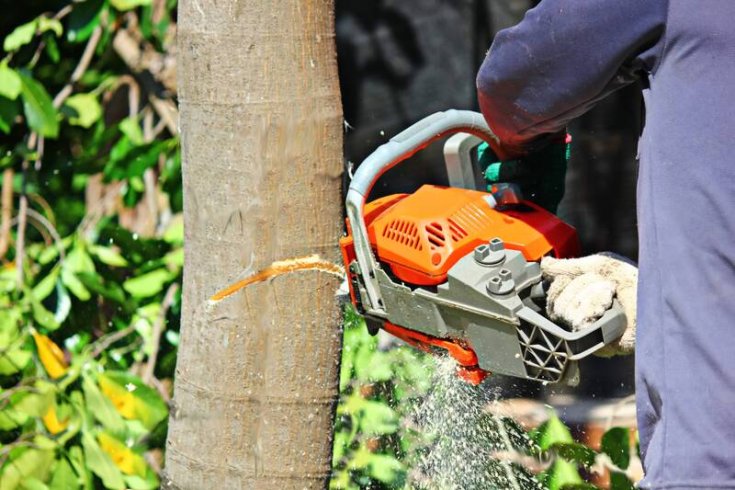
Avoiding Tree-Related Hazards on Your Property Trees are one of nature’s greatest gifts. They provide fresh air, shade on a hot day, curb appeal, and even fruits and nuts for your table. In fact, many homeowners love their trees so…
Read More
Do's and Don'ts of Tree Planting As winter approaches and the rains approach, it is an excellent time for tree planting. Trees are a valuable addition to any landscape; like other living things, they need regular maintenance and care. At…
Read More
What Is Tree Fungus? Trees are an integral part of our environment, adding value, beauty, and a sense of tranquility to our properties. However, these majestic organisms are not immune to various challenges, one of the most common being tree…
Read More
Summer Pruning Tips for Cherry and Apricot Trees Tree pruning is vital for optimum health and longevity. It is the equivalent of a haircut, as it enhances aesthetics and prevents diseases. Unfortunately, many homeowners prefer handling yard maintenance alone, which…
Read More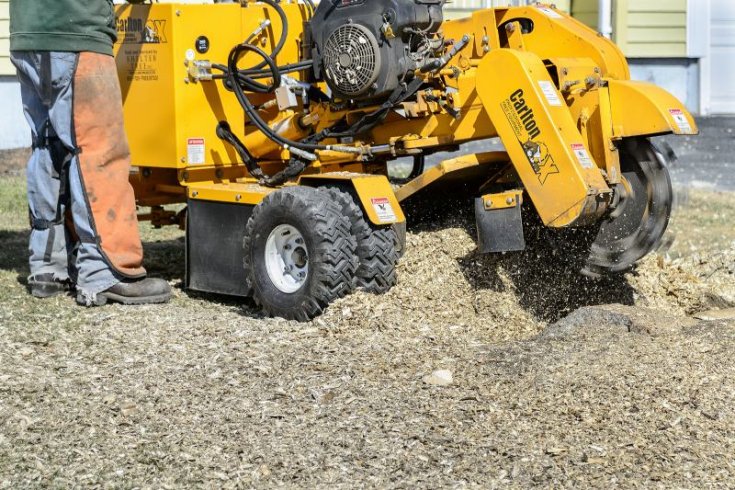
Should I Get Tree Stump Removed or Grinded? No one likes to have tree stumps jutting out of the ground. These are not only eyesores. They are trip hazards and can attract pests and diseases. If you want to get…
Read More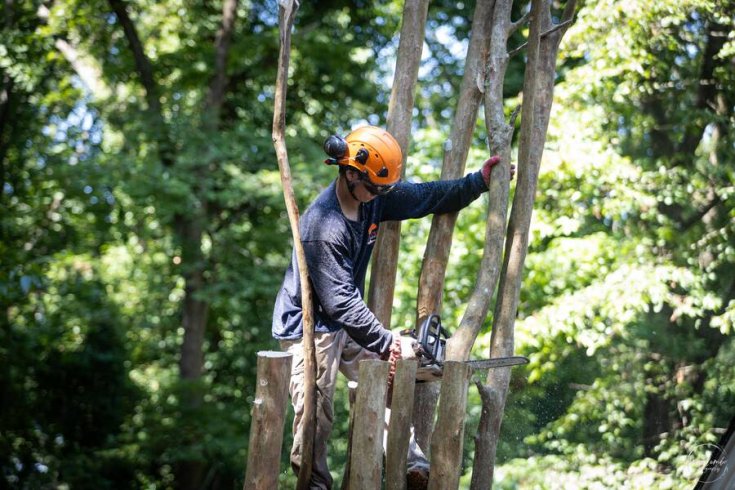
Trees are a major part of our landscape and lifestyle in Metro Atlanta and the surrounding areas. They provide shade, boost curb appeal, and even raise property value. But like anything else on your property, they need regular care. Tree…
Read More
How Shade Trees Benefit Us As the temperature increases, many people seek refuge indoors. However, shade trees can protect you from the heat and sun, allowing you to undertake various outdoor tasks. Whether you want to grow birch or maple…
Read More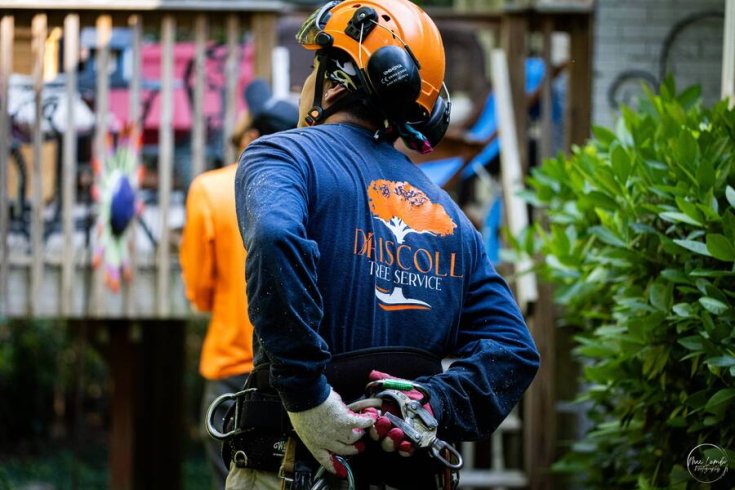
If you’ve lived in Metro Atlanta for a while, then you know we love our trees. Drive through Decatur, Marietta, or Roswell and you’ll see streets shaded by towering oaks, pines, and maples. For most of us, those trees aren’t…
Read More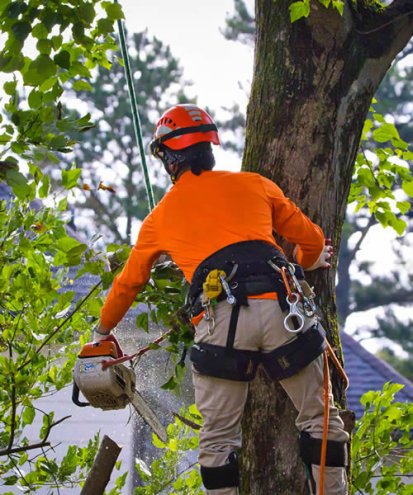
Signs It's Time to Trim Your Trees Trees play a vital role in our environment, offering many benefits, including fresh air, shade, and curb appeal. However, trees require proper care and maintenance to thrive. Regular trimming is one of the most crucial…
Read More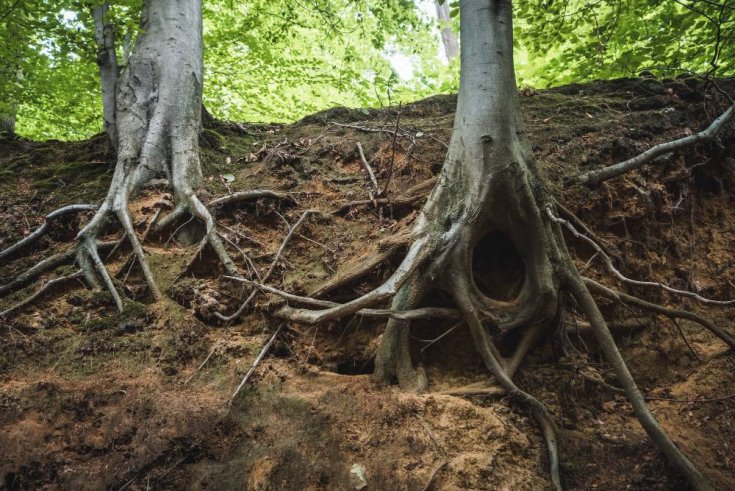
Root Damage That Threatens Structures Trees are living, breathing parts of our landscape, and they give us shade on hot Georgia afternoons, freshen the air, and sometimes even reward us with fruit. When chosen and placed well, trees increase property…
Read More